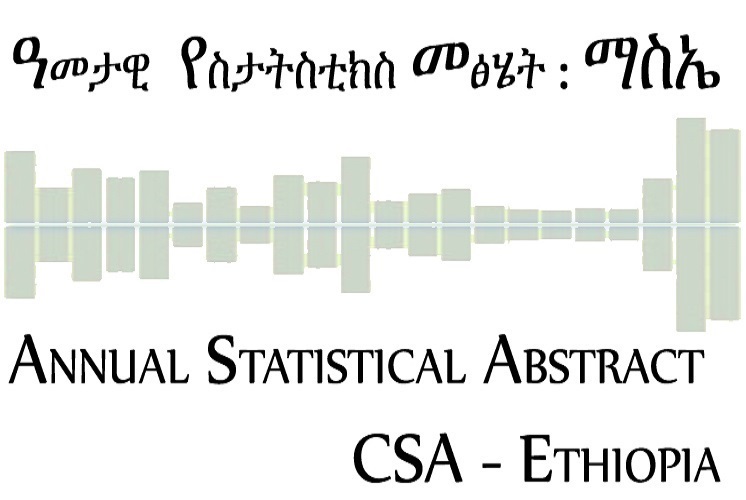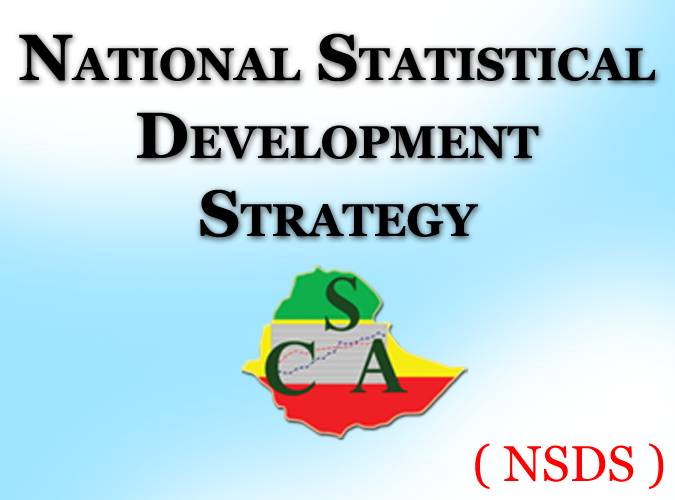During this period, three major censuses were also undertaken, namely the 1984 Population and Housing Census, the 1994 Population and Housing Census and the first ever Ethiopian Agricultural Sample Enumeration undertaken in 2002. The very peculiar characteristic of this agricultural sample enumeration was the ability to produce agricultural information for the nomadic areas for the first time. Among the new batches of surveys introduced in recent years include Informal Sector Survey, Distributive Trade and Service Survey, Welfare Monitoring Survey, Continuous Labor Force Survey etc....
The other big achievement made in the past decade was the increment of sample size for the surveys that contributed a lot to produce reliable estimates. When NIHSP was first launched, CSA was able to collect information only from 500 Farmers Associations ( FAs). Then, this figure was raised to 750 rural farmers associations. The demand on increasing coverage, particularly the need of statistics for urban areas increased the number to 900 rural FAs and 326 rural Kebeles and to 1,448 rural Enumeration Areas ( EAs) and 542 urban Enumeration Areas in 1995 and 1998 respectively. These days sample surveys undergoing by CSA cover about 2,072 rural EAs and 790 urban EAs.
The CSA has, all along been striving to produce timely statistics of good quality in accordance with professional requirements. Concerning the timing of the release of information, in the last ten years, the release dates of a number of statistical series were advanced through speed-up streamlining of the data collection and compilation process. The declines on the time lag from about two months to two weeks on monthly Consumer Price Index (CPI) statistics, and the decline on the time lag between the fieldwork and release of Crop Production Forecast survey from about 6 weeks to 4 weeks, are some of the examples on CSA’s improvement on providing timely statistics.
In general, CSA has done a remarkable effort to provide reliable and timely information on the country’s social and economic sectors.
*These are papers that have resulted through collaborative research efforts undertaken mainly by CSA senior staff and senior researchers from a number of Italian Universities.
The effort made by CSA to provide a strong and reliable statistical data for sound economic management, can be said satisfactory and even better than a number of Sub-Saharan African Countries. For this, the conducting of population census in the past 20 years, the availability of agricultural data from the 2002 sample enumeration and annual surveys, the regularly available consumer price indices and the Economic Establishment Census, whose result will be available shortly, are some of the evidences of the efforts and progress made so far.



